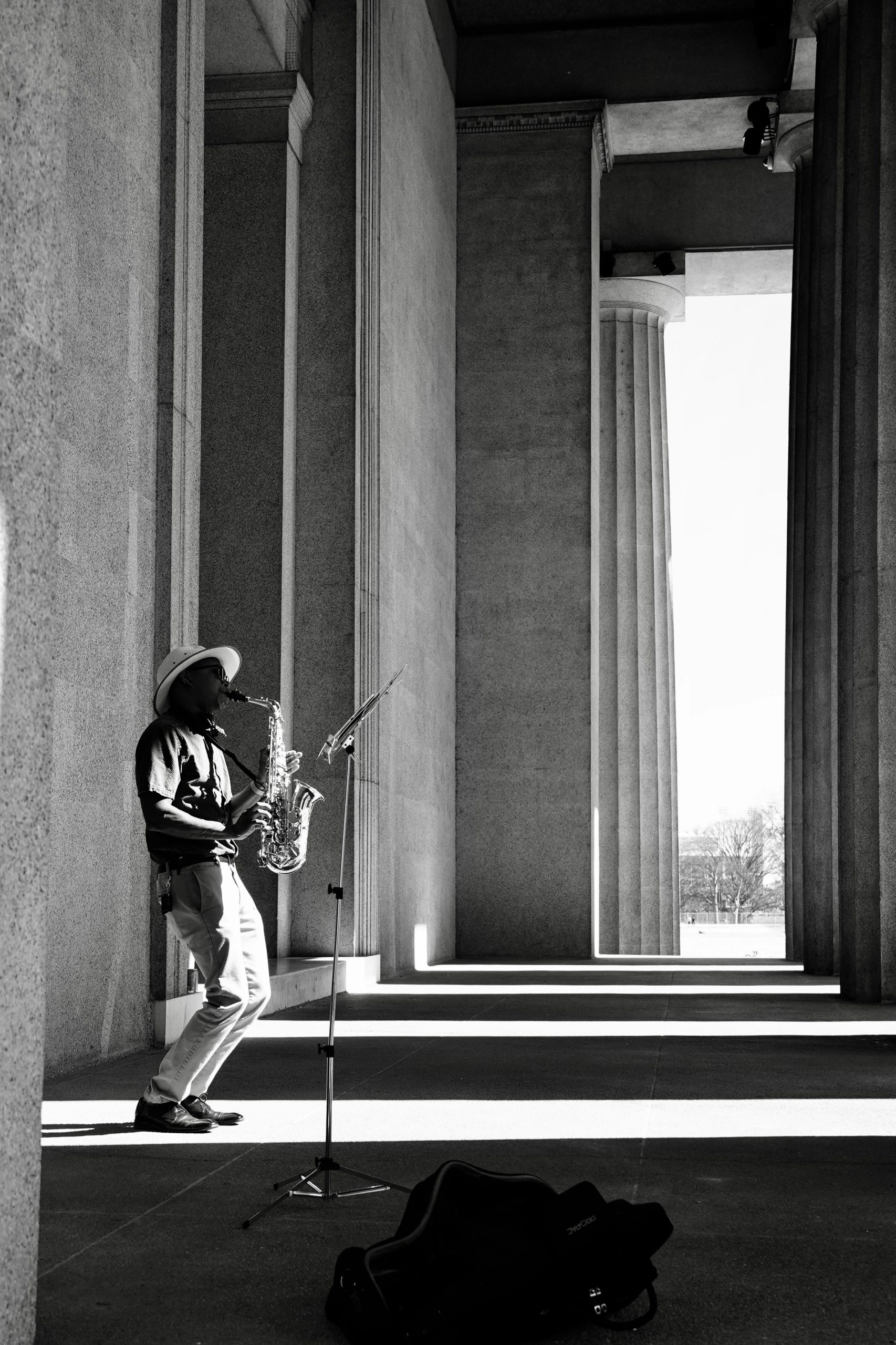
Music Contributor Yusra Zakir gives an introduction to Soul music
Soul propaganda is part of my being – especially Stevie Wonder propaganda; his 1976 album Songs in the Key of Life is an all-time favourite in my house. Beginning as a means of African American expression whether it be political, joyful or sorrowful, soul is a genre derived from a combination of R&B and gospel. It’s often paired with other popular Black music genres like funk, jazz, and country making it incredibly versatile.
Lyrically, soul songs epitomise passionate storytelling. Artists have a way with creating the perfect tone for listeners to better understand their anecdotes – from the emotional depth of Nina Simone’s version of ‘Strange Fruit’ (originally by Billie Holiday) to Stevie Wonder’s animated narration of an ambitious young man’s life in ‘Living For The City’.
Whether it be grief, yearning, or reminiscence, there’s soul for everything.
Activism Through Art
The genre’s significance transcends its musical influence, seeping into the crevices of American politics, specifically where the government failed to amplify Black voices – hence Stevie Wonder’s ‘You Haven’t Done Nothin’.
Forged as an instrument of empowerment to further push the rising Black consciousness of the late 50s/early 60s, soul was (and is) a political art where songs are commonly allegorical. I have no doubt that you will have heard one of the following politically charged soul songs: ‘Woman of the Ghetto’ (1969) by Marlena Shaw, ‘Young, Gifted and Black’ (1971) by the ‘Queen of Soul’, Aretha Franklin, ‘Inner City Blues (Make Me Wanna Holler)’ (1971) by Marvin Gaye or ‘The Revolution Will Not Be Televised’ (1971) by Gil Scott-Heron, used in Marvel’s Black Panther trailer.
Just Groove
Politics aside, soul is a genre closely associated with dance, groove and Black joy. Through fast tempos and energetic vocals, it encourages the celebration of life and Black identity regardless of circumstance. You’ll find that the most energetic soul songs combine elements of soul and funk, a genre derived from soul yet distinguished by dynamic bass lines and complex guitar riffs.
Through fast tempos and energetic vocals, it encourages the celebration of life and Black identity regardless of circumstance
Funk’s cultural significance extends into the 70s, marking the birth of the disco movement. Characterised by extravagant dance and flamboyant clothing, the disco movement became a cultural melting pot for people of different racial and sexual backgrounds.
Some soul-funk classics include: ‘Papa’s Got a Brand New Bag’ (1965) – James Brown,‘Got to Get You Into My Life’ (1978) – Earth, Wind & Fire, and ‘He’s the Greatest Dancer’ (1979) – Sister Sledge.
The Soul of Music
Soul is a timeless genre; it significantly shaped the music landscape and changed the way we experience music both emotionally and physically. By popularising R&B and pioneering new sounds, the genre has left its mark on how music is produced. Many of your favourite songs likely sample iconic soul tracks, layering these elements to create new, enduring art. This combining of old and new highlights the genre’s ability to resonate across generations, so much so that soul songs have become the literal soul of newer songs.
Some examples of songs that include soul samples include: Kwollem’s ‘Fenchurch St’ which samples ‘Love Me or Leave Me’ by Band of Thieves, Massive Attack & Tracey Thorn’s ‘Protection’ which samples ‘The Payback’ by James Brown, and Kendrick Lamar’s ‘Sing About Me, I’m Dying of Thirst’ which samples ‘Use Me’ by Bill Withers and ‘Maybe Tomorrow’ by Grant Green.
New Era, Neo-Soul
Known for rich, smooth vocals incorporated with contemporary jazz, Neo-Soul brought back the art of live music and improvisation. Pushing away from mainstream pop music, artists returned to their roots with Neo-soul to address themes of self-discovery, spirituality, and love. Songs generally delve deeper into the emotional politics of self-compassion, oftentimes promoting messages of self-acceptance, self-improvement and awareness along with wider social awareness.
Neo-soul’s artists, alongside their studio album, often produce an album of live versions, engaging with audiences and the demographics they comprised of e.g: D’Angelo’s Live at the Jazz Cafe, London and Erykah Badu’s Live.
Pioneering Neo-soul albums: Brown Sugar (1995) by D’Angelo, Baduizm (1997) by Erykah Badu, The Miseducation of Lauryn Hill (1998) by Lauryn Hill, Who Is Jill Scott? Words and Sounds Vol. 1 (2000) by Jill Scott, and Instant Vintage (2002) by Raphael Saddiq.
Known for rich, smooth vocals incorporated with contemporary jazz, Neo-Soul brought back the art of live music and improvisation
Other popular artists include: Dwele, Maxwell, Amel Larrieux, and Floetry.
Of course, like with most art, it’s difficult to consistently put music into a rigid category. Hence, the common difficulty in strictly differentiating between modern R&B and Neo-soul due to musical overlaps.
Some artists I find myself associating with current Neo-soul include Ari Lennox, Solange, SiR, Cleo Sol, and KIRBY.
Cleo Sol, for example, centres her musical artistry around the themes of spirituality, love, and self-love. Taking inspiration from the love for her child and experience of being a mother, Sol urges her listeners to give themselves grace, even in the toughest of times. A ‘musical therapist’ best describes her as a musician with her songs advocating positive and honest introspection as a means of self-improvement. ‘Know that you are loved’ and ‘Don’t let it get to your head’ are favourites of mine from her album Mother as they work as affirmations, I believe everyone should keep in mind throughout their days.
The popular sub-genre continues to evolve and push musical boundaries all whilst maintaining classical soul elements, allowing it to progress beyond mainstream R&B.
Soul Is Good For The Soul
In an age of listening to sad music to deepen sadness into an ever-growing black hole, genres that offer positivity, encourage gratitude and push ideas of self-pride are extremely important for the mind and, well, the soul. Music, for most, is both an educator and medicine – soul is a genre that excels in both.
Read more:
Comments